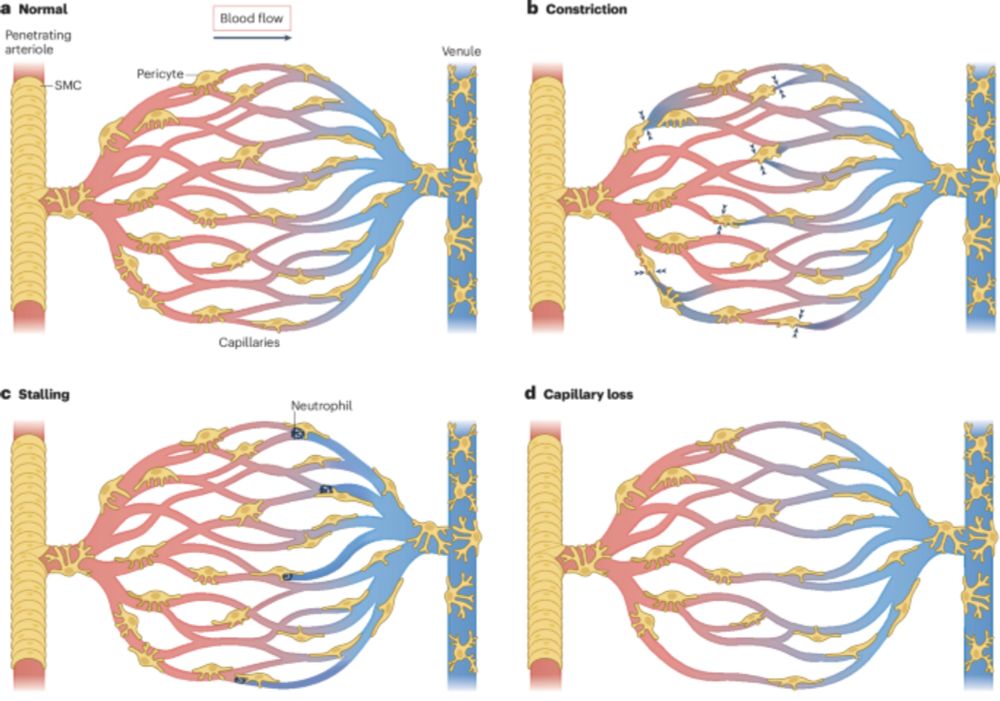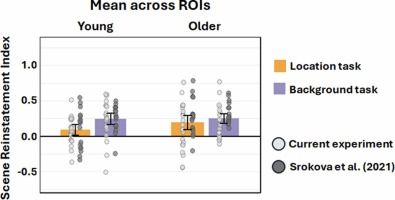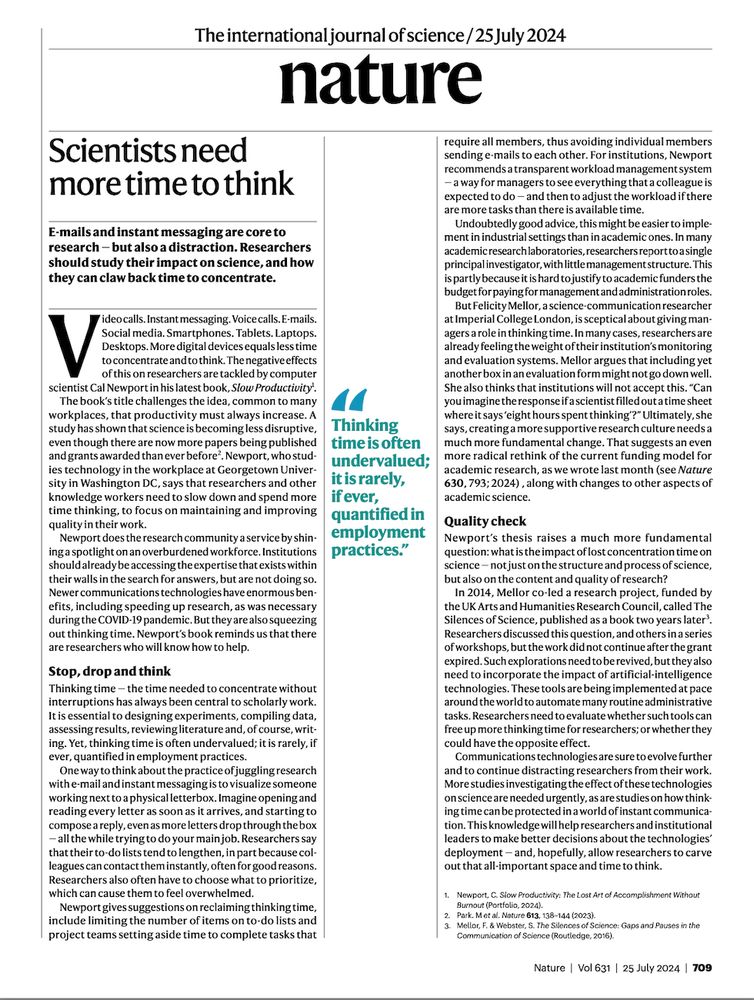Paul Hill
@paulhill.bsky.social
400 followers
240 following
17 posts
Assistant Research Professor at the University of Arizona. Interested in the cognitive neuroscience of memory, spatial navigation, and cognitive aging.
Posts
Media
Videos
Starter Packs
Pinned
Paul Hill
@paulhill.bsky.social
· May 17
Reposted by Paul Hill
Reposted by Paul Hill
Reposted by Paul Hill
Reposted by Paul Hill
Reposted by Paul Hill
Paul Hill
@paulhill.bsky.social
· May 17
Paul Hill
@paulhill.bsky.social
· May 17
Paul Hill
@paulhill.bsky.social
· May 17
Paul Hill
@paulhill.bsky.social
· May 17
Paul Hill
@paulhill.bsky.social
· May 17
Reposted by Paul Hill
Reposted by Paul Hill
Reposted by Paul Hill
Hugo Spiers
@hugospiers.bsky.social
· Mar 5

On the origin of memory neurons in the human hippocampus
The hippocampus is essential for episodic memory, yet its coding mechanism remains
debated. In humans, two main theories have been proposed: one suggests that concept
neurons represent specific elemen...
www.cell.com
Reposted by Paul Hill
Reposted by Paul Hill
Reposted by Paul Hill
Paul Hill
@paulhill.bsky.social
· Dec 15
Paul Hill
@paulhill.bsky.social
· Nov 20
Paul Hill
@paulhill.bsky.social
· Nov 19










